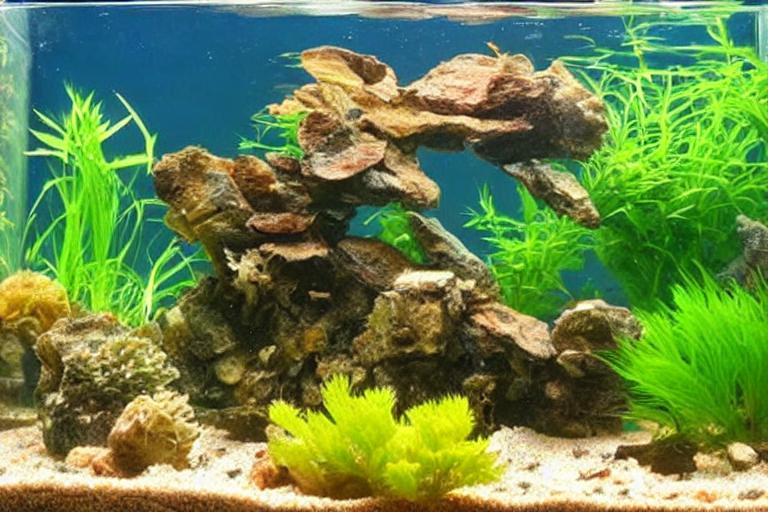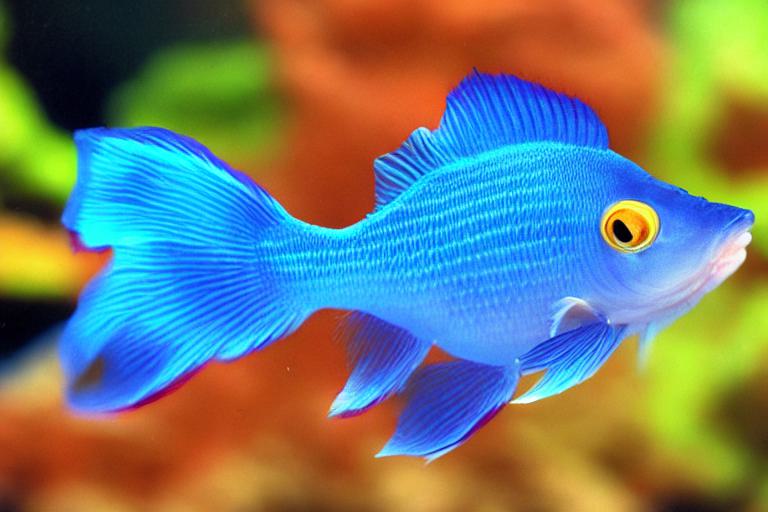Pet fish have been a popular household pet for centuries. They are low-maintenance, relatively inexpensive, and come in a wide variety of shapes, sizes, and colors. But one of the most common questions new pet fish owners have is: how long do pet fish live?
The answer, unfortunately, is not as straightforward as one might hope. There are a number of factors that can affect a fish’s lifespan, including species, diet, environment, and, of course, the quality of care they receive. In general, however, most pet fish can live anywhere from 5 to 10 years, with some species living even longer.
So, if you’re thinking of adding a pet fish to your home, rest assured knowing that with proper care, your new friend can be a part of your family for many years to come.
The lifespan of small fish in a tank
Some fish, such as goldfish, can live for 10 years or more if they are well cared for. Other fish, such as bettas, only live for 2-3 years. A small tank will not allow for as much water filtration and aeration as a larger tank, and this can shorten the fish’s lifespan. The lifespan of a fish in a tank also depends on the size of the tank. The lifespan of small fish in a tank can be quite short, depending on the species.

What kind of pet fish live the longest?
The type of fish, the quality of the water, and the amount of care you give them are all important. There are many factors that will affect how long your pet fish lives.
Other long-lived fish include angelfish, clownfish, and tetras. Some types of fish are known to live longer than others. Goldfish, for example, are a hardy breed and can live for up to 10 years with proper care.
You should also feed them a nutritious diet and provide them with plenty of hiding places and places to swim. This means regular water changes and using a good filter. To help your fish live a long and healthy life, it is important to keep their tank clean and the water quality high.

The average lifespan of popular aquarium fish
Most aquarium fish have a lifespan of 2-5 years, with some species living up to 10 years. The average lifespan of a goldfish is 10-15 years, while the average lifespan of a betta fish is 2-5 years.
The lifespan of a fish is determined by a number of factors, including the quality of the water, the type of food, and the level of care. In general, the better the quality of the water and the food, and the more attention the fish receives, the longer it will live.
How to make your fish live longer
By following these simple tips, you can help your fish live a long and happy life. You also need to feed your fish a healthy diet and make sure they’re getting enough oxygen. This means regular water changes and keeping the tank free of debris. Some fish are more delicate than others and require more care. First, you need to choose the right fish for your home. Once you’ve chosen your fish, you need to provide them with a clean and safe environment. If you want your fish to live a long and healthy life, there are a few things you need to do.
Frequently Asked Questions
1. How long do pet fish live?
Pet fish can live for a long time if you take good care of them. The average lifespan of a goldfish is 10-15 years, while the average lifespan of a betta fish is 2-5 years. However, some fish have been known to live for much longer – up to 25 years or more!
2. What do I need to do to take care of my pet fish?
To take care of your pet fish, you need to provide them with a clean and safe environment. This means regular water changes, a good filtration system, and plenty of hiding places. You also need to feed them a high-quality diet and provide them with the proper care and attention.
3. How often do I need to change the water in my fish tank?
You should change the water in your fish tank at least once a week. However, you may need to change it more often if your fish are particularly messy or if the water becomes dirty more quickly.
4. What type of food should I feed my pet fish?
You should feed your pet fish a high-quality diet that is specifically designed for their species. There are many different types of fish food available, so be sure to choose one that is right for your fish.
5. How often should I feed my pet fish?
You should feed your pet fish once a day, and only as much as they can eat in a few minutes. Overfeeding can lead to water pollution and health problems for your fish.
6. What are some signs that my pet fish is not healthy?
Some signs that your pet fish is not healthy include lethargy, loss of appetite, and abnormal behavior. If you notice any of these signs, you should take your fish to the vet for a check-up.
7. What should I do if my fish gets sick?
If your fish gets sick, you should take them to the vet for a check-up. The vet will be able to diagnose the problem and prescribe the appropriate treatment.
8. How can I prevent my fish from getting sick?
You can prevent your fish from getting sick by keeping their tank clean and providing them with a high-quality diet. You should also avoid overfeeding and make sure to quarantine new fish before adding them to your tank.
9. What are some common diseases that affect pet fish?
Some common diseases that affect pet fish include ich, velvet, and fin rot. These diseases can be fatal if not treated, so it’s important to be aware of the signs and symptoms.
10. Where can I find more information about taking care of my pet fish?
If you want to learn more about taking care of your pet fish, you can find plenty of resources online and in pet stores. You can also talk to your vet for more information.
Final thoughts
While the average lifespan of a pet fish is only about three years, with good care they can live much longer. The key to a long and healthy life for your fish is regular maintenance of their tank and water. By keeping their environment clean and providing them with a nutritious diet, you can help your fish live a long and happy life.
